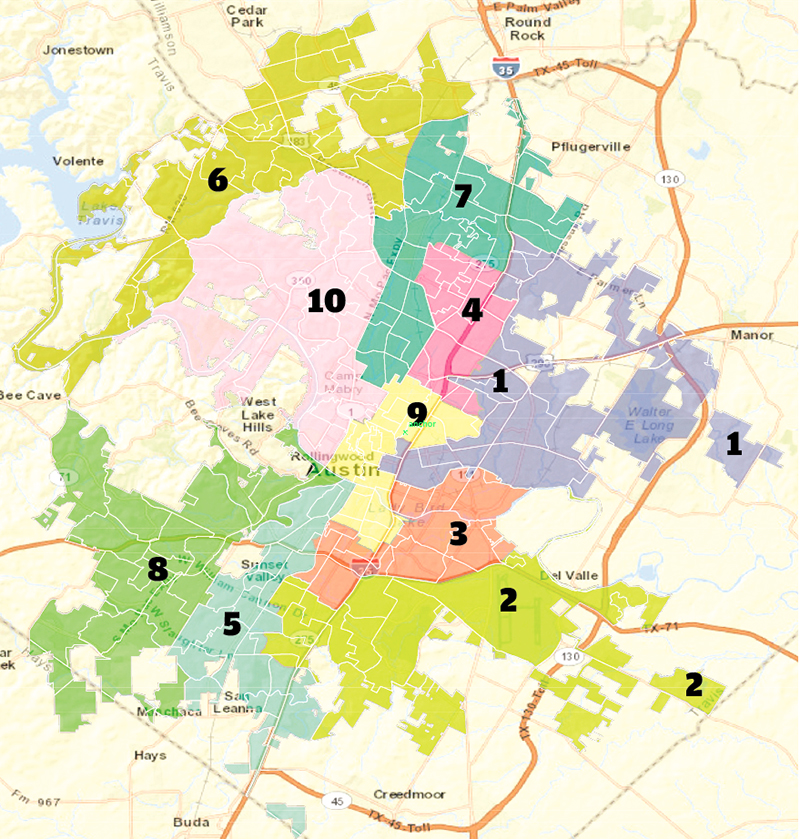The only way we can preserve sustainable life on this planet we call home is to reduce greenhouse emissions to absolute zero sometime in this century. That’s the headline from a report issued yesterday by the United Nations’ Intergovernmental Panel on Climate Change. So how do we achieve that goal? Simple: Eliminate the burning of fossil fuels.

Simple to say, but certainly not simple to do. The reason why eliminating the burning of fossil fuels is impossible is because, obviously, fossil fuels are the product of the massive oil and gas companies who actually run things here on Earth. No it’s not elected officials: Most of them – particularly Republican office holders in the United States — are merely puppets controlled by the oil and gas industry. The industry has bought them. The industry owns them. They will do and they will vote as instructed by the industry. In fact, if Republicans win control of the U.S. Senate in tomorrow’s election, the new chairman of the Senate Environment and Public Works Committee will be Oklahoma’s Jim Inhofe. Here is his reaction to the IPCC’s report, a report, incidentally, supported by 97 percent of the scientific community, according to the NASA website Global Climate Change:
 |
| Sen. Jim Inhofe |
"The idea that our advanced industrialized economy would ever have zero carbon emissions is beyond extreme and further proof that the IPCC is nothing more than a front for the environmental left. It comes as no surprise that the IPCC is again advocating for the implementation of extreme climate change regulations that will cripple the global economy and send energy prices skyrocketing. The United States is in the midst of an energy renaissance that has the potential to bring about American energy independence, which would strengthen our national security and energy reliability for generations into the future. At a time of economic instability and increased threats to American interests, the IPCC’s report is little more than high hopes from the environmental left."
Like I said: a puppet for the oil and gas industry, whose trying to switch the subject of the debate from renewable power sources to high cost of oil and gas. This is the same clown who said we don’t need to be concerned about glaciers melting because, like ice melting in a glass of liquid, it simply displaces the ice, so the oceans won’t really rise. What the idiot doesn’t realize is that the ice being talked about is ice from land, not already in the water — try adding a lot more ice cubes to that glass of liquid and see what happens.
The IPCC was created more than a quarter of a century ago to assess global warming and its impact. Its latest report reviews 30,000 climate-change studies that establish
with 95 percent certainty that most of the warming since the 1950s is man-made.
 |
| U.S. Rep. Lloyd Doggett |
Of course, here in Texas, there is little we can do to stop the flow of red. A Democrat hasn’t won a statewide race in Texas in 20 years and that certainly won’t change tomorrow. I recently relocated from Dallas to Central Texas where my U.S. Representative, at least, is a progressive thinker and also a former associate from my days at the University of Texas, Lloyd Doggett. (Doggett was president of the UT student body which also made him head of student publications when I was the assistant managing editor of the university’s daily newspaper. We had numerous encounters in those roles.)
 |
| Wendy Davis |
In Texas, the magic number progressives will be looking at is 42.3. That’s the percentage of the total votes won by Democratic gubernatorial candidate Bill White in 2010. This year the Democratic standard bearer is, of course, Wendy Davis, who is seen, by some (I am not among those) as the straw horse for an eventual Democratic takeover of the state. If this is true, she must win more than 42.3 percent of the vote. I would say, in order for her campaign to be called "successful," she needs to win at least 45 percent. If she wins less than 42.3 percent, her campaign will go down as an unmitigated disaster and a huge setback for Democrats’ hopes here in Texas, especially when you consider all the attention — even outside of Texas — Davis’s campaign has received. She is considered more than just a candidate by many; she has been elevated to "folk hero" status. It will also be interesting to see if she can collect significantly more than the 2.1 million votes White received four years ago. I sincerely hope she does, but I’m certainly not willing to wager anything of value on the possibility.
 |
| Austin's new 10 member city council districts |
As a Dallas transplant as well as a significant player in the city’s transition from an at-large city council election system to a single-member district system, it’s fascinating to watch as Austin holds its first city election in which all 10 city council members will be elected from individual districts, with a mayor, of course, being the one at-large candidate. It’s interesting because in Dallas, where African Americans city council representatives fight tooth-and-nail to preserve four black city council districts, even though it could be argued the numbers no longer support that, in Austin only one district is considered winnable by an African American candidate and even in that district African Americans comprise only 35 percent of the voting age population. It would be enough to drive Dallas City Council members Dwaine Caraway, Carolyn Davis, Tennell Atkins and probably even Vonciel Hill over the edge. The black population here is quite evenly dispersed throughout all sections of the city because Austin leaders did not practice the systems of overt racism that resulted in the racially split North-South Dallas.
I will also give Austin credit for holding its municipal elections in November, which, of course, will mean more voter interest and a higher voter turnout than municipal elections in Dallas, which are held in May, when no other elections that might generate increased voter participation are on the ballot. On the other hand, I will give Dallas credit for doing rail right.
Austin voters will decide tomorrow if they want a light rail system in the city. I am a major proponent of mass transportation, especially in urban areas, but I have yet to make up my mind on Austin’s proposal. Dallas transportation visionaries (hopefully that’s not an oxymoron) wisely saw mass transportation as a regional issue and created, though a public referendum, a regional transportation authority that included 13 other municipalities in addition to Dallas. Plus, it isn’t just a light rail service: it operates buses, commuter rail and HOV lanes. DART is its own regulatory body. It is financed through sales taxes administered by all member cities.
 |
| Austin's proposed rail line |
Austin is going the light rail route on its own, with a proposal for only one line entirely within the city limits of Austin. It would be located along a north-south line just west of Interstate 35 until it crosses the Colorado river south of downtown where it would veer off to the southeast. One of the arguments against the rail proposal is that there is not that much rider ship along that corridor, that it should be located more to the west where more commercial areas are located. The problem is advocates agree with that assessment, but counter with the argument that "someday there will be more rider ship along the proposed route." I am not convinced that’s a compelling argument, but more than anything else I am chagrined that the rail proponents are thinking only locally and not regionally, especially when such neighborhood cities as Round Rock, Cedar Park, Kyle (my new home) and San Marcos (the fastest growing city in the United States the last two years) are growing as fast as they are. They need to be included in any transportation plan and Austin is shutting them out. In addition, the transportation system will be completely controlled by city government and will be funded by increased property taxes and a hoped-for windfall from the federal government (which probably won’t come if Republicans gain control of the Senate tomorrow).
I moved down here less than a month ago to retire close to the home of my son and granddaughter and I’m not going to live long enough the effects of mass transportation plans in Austin, let alone global climate change. (Neither are the heads of the oil and gas industries which is why they don’t give a damn if they destroy the planet – just as long as they continue to make their obscene profits). So I guess I shouldn’t be concerned about these things, but as the scorpion said to the frog, "It’s my nature." And if you don’t know what I mean by that last statement, rent and see the marvelous film
The Crying Game, which, incidentally, a lot of us may be playing (the game, not the movie) this time tomorrow.








No comments:
Post a Comment